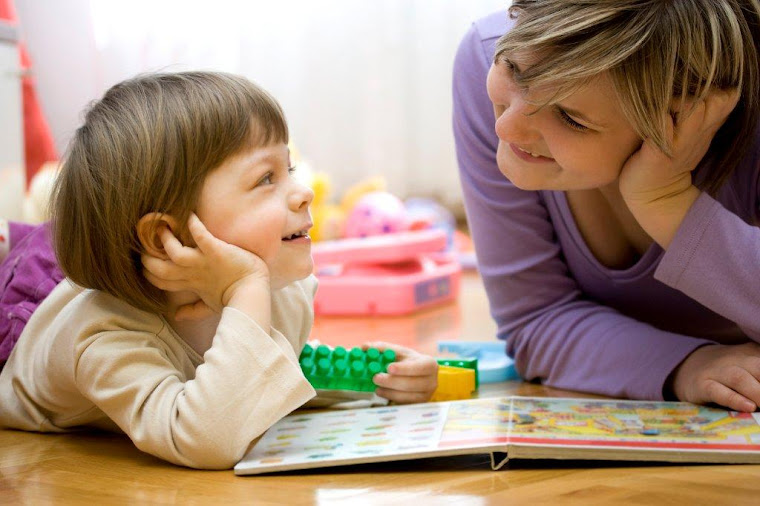
Thursday 17 May 2012
The N.... word
Today I want to take up the theme of professional nannies again to support the efforts of Tracey McDermott, a Susan Rogan nanny, and some of her colleagues who are trying to change public perceptions of nannies by forming a group to lobby for training and regulation of their industry.
(Article from The Weekend Australian 12-13 May 2012, reprinted at /http://www.susanrogan.com.au/news/nannies-fight-back-over-glorified-cleaners-stereotype/)
It is only a couple of weeks since media personality Chrissie Swan came out as having a nanny, something she previously felt embarassed to do because of the image of nannies being employed by the wealthy, upper classes. By actually using the N.... word, she gave heart to many in the industry who are sick of being seen as simply baby sitters, or cleaners.
When I commented on the agency facebook page about the negative use of the term "nanny state" or more recently "nanny nation", nannies agreed. It is a put down and has overtones of the state knowing best, acting to protect people from themselves. Imagine the howls if the term used was 'mummy state'.
This negative image is perpetrated by those in the child care field who now prefer to use the term 'early childhood educators' for anyone who works in long day care, as though the only proper role in caring for children was to educate them. Now perhaps this is intended in the widest sense of the word 'educate', relating to programs aimed at developing children's social, emotional, cognitive and cultural skills. As such, all parents are educators, though they would probably be surprised to know that trickling warm water over a baby in a bath was allowing them to experience gravity (in the action of the water), developing their awareness of warmth as opposed to cold, and learning what sensations are pleasurable. And so on...But this use of 'educators' overlooks the care function, the attachment to a stable caring figure possible when there are only, typically, one or two children being looked after by a nanny.
The majority of our nannies have formal qualifications ranging from TAFE diplomas and certificates, university degrees including early childhood, nursing and teaching. These are not Mickey Mouse, two hour, or one day courses: they involve child development, and practical work over a considerable period of time.
The Australian Childcare Alliance which represents long day care has stated that child care at home is dangerous to children. This is offensive, to nannies and to parents. It is a scare tactic to protect the interests of its members. Child care centres are regulated but are not inherently safer than family homes. Accidents still happen, the result of behaviour of other children, inattentive supervision of a large group of children and chance. I recall a boy at my children's kindergarten breaking his leg in a fall, right in front of the teacher.
As the cost of formal daycare rises, it also makes good economic sense to employ a nanny if there are two or more children in the family, and who can be there even when the children are unwell, a circumstance that would see them excluded from formal care.
Professional nannies, who take their work seriously, provide a range of activities for children and keep their skill up to date through in-service programs deserve the support of the community, and are to be congratulated for their attempt to improve the image of their industry.
Subscribe to:
Post Comments (Atom)
No comments:
Post a Comment